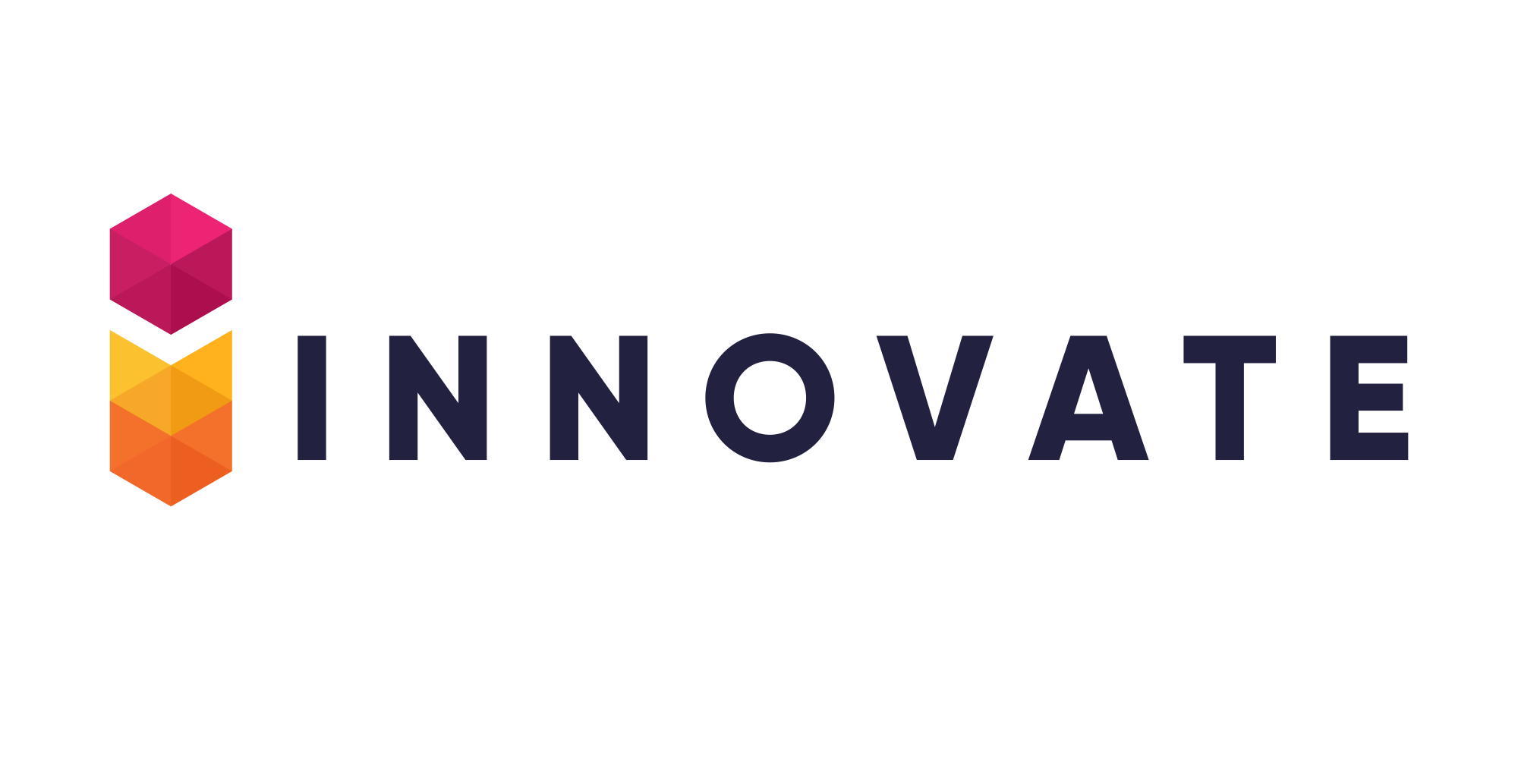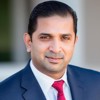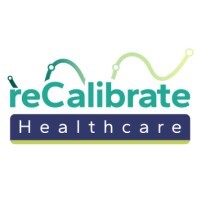Exploring the transformative influence of artificial intelligence on modern business processes. This session delves into how AI-driven technologies optimize digital operations, streamline workflows, and enhance efficiency. This Vision Voice will share insights into real-world applications, best practices, and the strategic integration of AI, empowering organizations to unlock new levels of productivity and innovation in the digital landscape.
The Future of Data & AI
Data & AI Think Tank
June 17, 2025 - New York, NY
Visionaries


Wei Manfredi
VP of Global Architecture, Data & Generative AI
McDonalds


Smruthi Mukund
AI, ML Director
JP Morgan Chase


Mani Soundararajan
Chief Architect /Head of Technology - Data AI/ML
Sephora
Think Tank Speaker
Founded in 1969, Sephora operates as a cosmetics and beauty stores. The Company offers foundation sets, moisturizer, face powder, blush, contour, eyeliner, nail polish, lipstick, face brushes, makeup remover, face wash, toners, eye cream, face masks, perfume, body lotion, hand cream, sunscreen, and other related products. The company is headquartered in Paris, France.


Richa Singh
Director & Head of Data AI
Lexington Partners


Samrat Dua
Chief Digital Officer
Swiss Re Corporation


Sameer Patwardhan
SVP, Technology
Forbes Media LLC
Think Tank Speaker
Sameer is the SVP , Technology at Forbes Media LLC and leads their DevOps, Security , Corp IT , Engineering and QA . He has extensive experience in all facets of IT right from starting out as a C++, Java developer to DevOps , Security and Cloud infrastructure. Sameer is also a member of ISC2 and has CISSP and CCSP certifications. He loves to work out , to go on long walks , a Linux hobbyist and avid gardener


Pinar Kucukyilmaz
Director, Continuous Improvement
FreshDirect


Shailesh Shrivastava
Head-BI & Reporting
Bayer Pharmaceuticals


Namrata Shah
Managing Director - Global Head of Engineering - Investment Technology
Nuveen


Shashi Kumar
Head of Data Engineering & Analytics
Hearst


Sai Akula
Sr Director, Data Science
Broadridge


Katie Newton
Head of Data, Analytics, and Measurement, Americas Apps


Louis Celiberti
Managing Director of Application Development
Guggenheim Partners


Solomon Zilberman
VP
Innovate Corp


Nathaniel Polky
VP of IT
Sugar Mountain


Josh Peters
Global Head of Commercial Data Strategy and Programmatic Revenue Operations
The Washington Post


Ted Paris
Head, AMCB Data & Analytics
TD


Ash Dhupar
CDAO
Analog Devices


Kiran Bhujle
MD, Global Head of Cyber
SVAM International


Nawaz Alli
Director and Deputy CIO
Wafra


Viktoriya Smith
SVP, Chief Data Office, Compliance Officer
Citibank
June 17, 2025
Attend this event
Agenda
All times Eastern Time
8:30 AM-9:00 AM
Registration
9:00 AM-9:30 AM
Morning Networking
9:30 AM-9:40 AM
Opening Remarks
9:35 AM-10:10 AM
Fireside Chat
The Role of AI in Enhancing Digital Operations


Ash Dhupar
CDAO
Analog Devices
10:10 AM-10:55 AM
Panel
The Evolving Future of Artificial Intelligence (AI): Opportunities and Challenges Ahead
The potential of Artificial Intelligence (AI) is vast, as it is now being utilized across all industries. With the combination of machine learning, AI has made significant improvements in the field of cybersecurity. Automated security systems, natural language processing, face detection, and automatic threat detection are some examples of how AI is revolutionizing cybersecurity. However, AI is also being used to create intelligent malware and attacks, which can bypass the most up-to-date security protocols, making it a double-edged sword. On the positive side, AI-enabled threat detection systems have the ability to predict new attacks and immediately notify administrators in case of a data breach.
Chair


Kiran Bhujle
MD, Global Head of Cyber
SVAM International
Panelists


Namrata Shah
Managing Director - Global Head of Engineering - Investment Technology
Nuveen


Louis Celiberti
Managing Director of Application Development
Guggenheim Partners


Nawaz Alli
Director and Deputy CIO
Wafra
10:55 AM-11:15 AM
Coffee Break
11:15 AM-12:00 PM
Panel
Embracing Innovation: Best-of-Breed Emerging Technologies from Silicon Valley ... and Beyond!
In this strategic session designed for Chief Information Officers (CIOs), we delve into the transformative realm of "Innovate through Emerging Tech." As technology stewards, CIOs play a pivotal role in navigating the rapidly evolving landscape of emerging technologies—such as artificial intelligence, blockchain, and the Internet of Things. The session provides CIOs with actionable insights into leveraging these technologies to drive innovation within their organizations. Attendees will explore practical strategies for implementation, addressing potential challenges, and ensuring ethical considerations in adopting these disruptive technologies. Join us to empower your role as a technology leader and discover how CIOs can strategically leverage emerging tech to propel their organizations into the forefront of innovation.This panel discussion will take you on a journey through the forefront of technological innovation, featuring three visionary solutions poised to revolutionize the digital landscape. These pioneering solutions address pressing challenges faced by organizations worldwide, ranging from permissions management to troubleshooting live applications and system observability.
In today's dynamic digital landscape, managing permissions effectively poses a significant challenge for organizations. However, a pioneering solution emerges to address these pressing concerns by automating permissions management based on risk and usage patterns, ensuring alignment with business needs while minimizing security risks. Moreover, a revolutionary toolset empowers developers and SREs to troubleshoot live applications swiftly and efficiently, slashing mean time to resolution and delivering substantial cost savings. Dive deeper into how these groundbreaking approaches drive productivity gains and cost efficiencies for organizations worldwide.
12:05 PM-12:40 PM
Fireside Chat
The Role of CDOs in Navigating Digital Transformation in 2025
Chief Data Officers (CDOs) play a pivotal role in navigating digital transformation for organizations. With the advent of AI and GenAI the role of the Data executive has evolved. As custodians of data, they oversee the strategic management of data assets, ensuring data quality, security, and compliance. CDOs help identify opportunities to leverage data for competitive advantage, often driving innovation and new revenue streams through data analytics and insights. They establish data governance frameworks and data-driven cultures within the organization, enabling informed decision-making and promoting data literacy. In an era where data is a critical asset, CDOs act as bridge builders between technology and business units, aligning digital transformation efforts with organizational goals and helping companies thrive in the data-driven landscape.
Chair


Viktoriya Smith
SVP, Chief Data Office, Compliance Officer
Citibank
Panelists


Ted Paris
Head, AMCB Data & Analytics
TD
12:40 PM-1:40 PM
Lunch & Networking
1:40 PM-1:55 PM
Vision Voices
AI & Enterprise Revenue
Artificial Intelligence (AI) can the revenue cycle in healthcare by improving accuracy, speed, and compliance 1 . AI-driven automation helps streamline operations, capture missed revenue, and reduce administrative burdens 2 . However, trust, accuracy and workforce impacts are challenges that must also be considered


Jason Gottlieb
Director, Revenue Cycle Advisory Services
New York Presbyterian Hospital
2:00 PM-2:45 PM
Panel
Identity & Access Management
Identity management in healthcare is essential for protecting patient data and ensuring secure access to sensitive information. Implementing strong authentication methods, such as multi-factor authentication and biometrics, helps verify the identities of healthcare professionals and patients. Role-based access controls (RBAC) ensure that only authorized personnel can access specific data, minimizing the risk of unauthorized access. Regular audits and monitoring of access logs help detect and respond to potential security breaches. Educating staff about the importance of identity management and secure practices further enhances security. Effective identity management in healthcare supports regulatory compliance, protects patient privacy, and maintains trust in the system.
Chair


Timothy Swope
CISO
Lighthouse Cyber Risk Management
Panelists


Ivan Durbak
CIO
Bronx Lebanon Hospital Center


Steve Craig
Sr Technical Services Architect
New York Presbyterian Hospital
2:45 PM-3:05 PM
Networking Break
3:05 PM-3:40 PM
Fireside Chat
Improving Healthcare Outcomes Diagnosis, Data & Patient Centric Care
Accuracy of diagnosis, data quality and patient centric care are the buzzwords around improving healthcare outcomes. Leveraging artificial intelligence with medical procedures to diagnose disease early, when there is the highest potential for impact. Data quality lives by accuracy, consistency, and relevancy. How can we improve data quality by reducing redundancy and decreasing medical errors? Patient centric care thrives if the partnership among practitioners, patients, and their families align with patients' wants, needs, and preferences. In this session, we will discuss what’s working and what’s not working, as we look to improve diagnosis, data quality and patient centric care.
Chair


Rachael Spooner
VP Strategy, Center for Virtual Health
Northwell Health
Panelists


Paul Haser MD
Chief Division of Vascular Surgery
One Brooklyn Health


Iris Berman
VP Virtual Care
Northwell Health
3:45 PM-4:15 PM
Fireside Chat
Pioneering Innovation with AI and Analytics for Transformative Delivery
Pioneering clinic innovations are revolutionizing healthcare delivery by integrating advanced technologies and innovative practices. Telemedicine enables remote consultations, improving access to care and reducing patient wait times. AI-driven diagnostics and predictive analytics enhance accuracy and personalized treatment plans. Wearable health devices and IoT technology facilitate real-time monitoring and proactive health management. Implementing electronic health records (EHRs) and blockchain ensures secure, seamless data sharing across healthcare providers. Personalized medicine, powered by genetic research, tailors treatments to individual patient needs. These transformative innovations enhance patient outcomes, streamline operations, and create a more efficient, patient-centric healthcare system.
Panelists


Sumit Nagpal
Co-Founder/CEO/CTO
Cherish Health

Jose Azar MD
EVP & Chief Quality Officer
Hackensack Meridian Health














